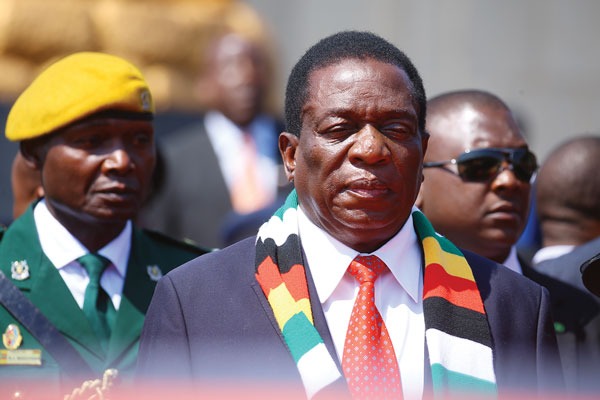
BAKERS will today increase the price of bread to $1,40 following a government commitment to avail 80% of their foreign currency requirements.
Editorial
This came hardly a week after government last weekend moved in swiftly to block bread price increases to $2,20 from $1,10, with bakers citing high production costs.
It appears President Emmerson Mnangagwa, who on Monday met captains of industry and business, buckled under pressure.
The President must be warned that high prices and a bread shortage could spell problems for the government.
Notably, price increases are symptomatic of a bigger problem. We believe government must focus on the fundamentals rather than deal with symptoms of a problem.
It must be borne in mind that bread price rose from $1 to $1,10 in September due to reported wheat shortages. Previously, the bread price was 90 cents for a standard loaf and $1 for the super loaf, which was taken off the market when shortages started to bite.
Clearly, food markets should serve the interests of people and not those of investors, but it is government’s role to create an enabling environment in which both citizens and the business can operate freely. In this regard, politics has failed to protect food markets from excessive speculation and manipulation.
- Chamisa under fire over US$120K donation
- Mavhunga puts DeMbare into Chibuku quarterfinals
- Pension funds bet on Cabora Bassa oilfields
- Councils defy govt fire tender directive
Keep Reading
The bakers cited cost of inputs and inflation as the reasons for increasing bread prices. We know that inflation has plunged many countries into long periods of instability.
We urge Mnangagwa to remember that one of his election promises was anchored on creating a middle-income economy by 2030, suffice to say with the way things are going, it seems he is losing grip on that front.
We believe that government has no business controlling prices of commodities, but, however, the rate at which inflation is distorting the purchasing power for ordinary citizens could also trigger a new wave of price increases on basic commodities.
No government with price controls can claim to be open for business. At the same time, no government worth its salt can sacrifice its citizens for business.
Hence, we urge Mnangagwa to deal with the economy to save the country from collapse. The sad reality is that it’s déjà vu all over again.
In 2008, Zimbabwe experienced one of the worst cases of hyperinflation ever, with an estimated annual inflation rate at one point of 500 billion percent (according to the International Monetary Fund). Are we heading the same way?
Indeed, we appreciate that as a country, we have to take difficult and painful policy measures to bring inflation back to reasonable levels.
The Mnangagwa regime should, therefore, first deal with the currency issue and this is fundamental going forward.
We have no doubt that if this is not sorted urgently, Mnangagwa will have himself to blame if the people eventually choose to fight back.







